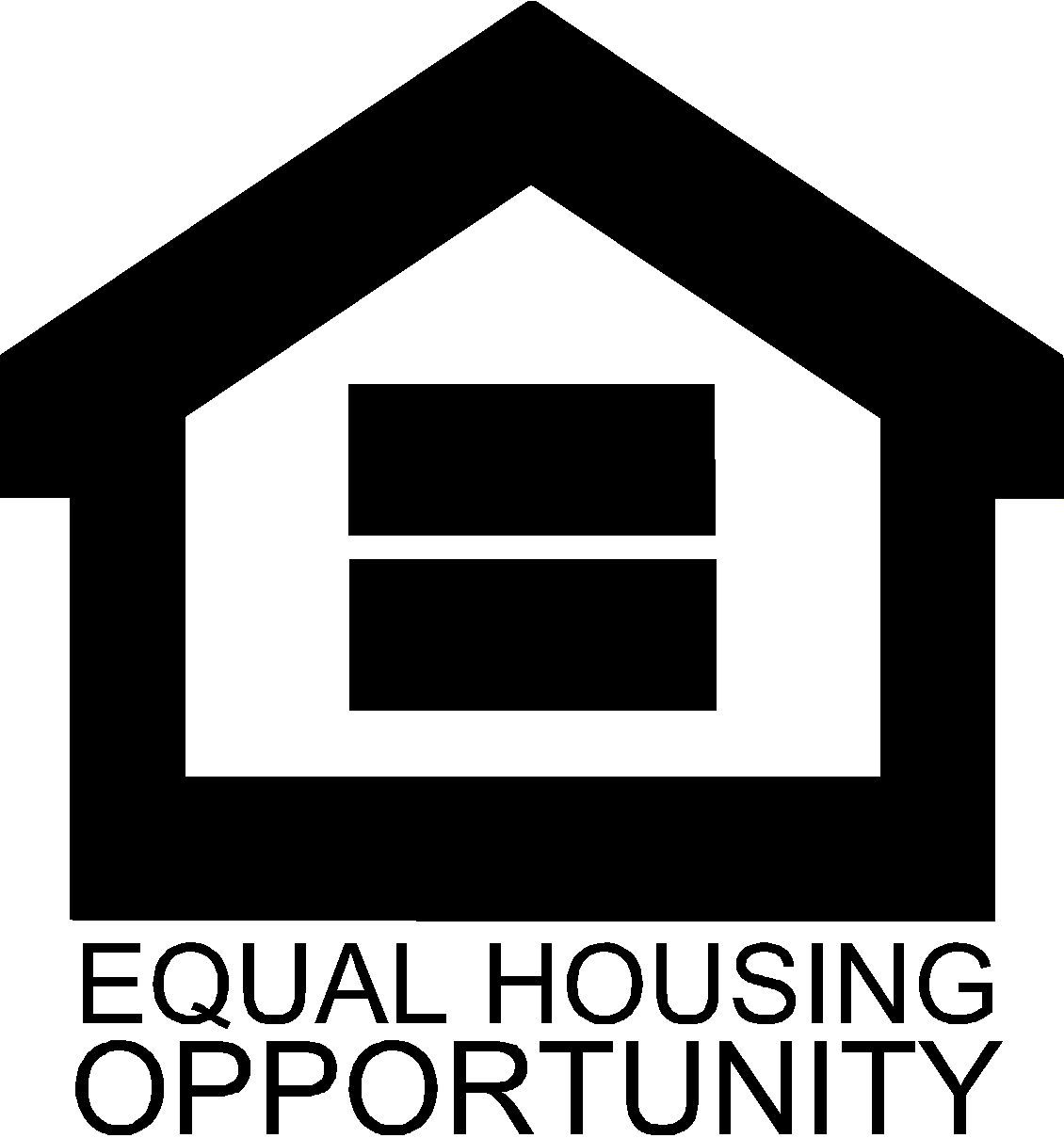Twin Falls County, Idaho
Mortgage Rate Alerts
Never Miss A Refinance
Opportunity
Always on mortgage monitoring without hurting your credit.
Instant email and text alerts.
A Better Mortgage In 3 Easy Steps
Sign up
Provide some basic info, no SSN required
Start getting alerts
For refinance via email and texts
Apply and close
The new loan and start saving money
1 Platform, 6 Refinance Alerts
01
Alert for Lower Rates
02
Alert for Cash Out
03
Alert for Shorter Term
04
Alert for Eliminating PMI
05
Alert for Product Changes
06
Alert for Changes in Home Value

Twin Falls Real Estate Market Update
Twin Falls County, ID, has a strong real estate market, with median home values around $425,000 as of 2024. Known for its urban-rural balance, the county attracts families, professionals, and retirees in southern Idaho.
Twin Falls is the county seat and largest city, with a population of about 50,000, offering shopping, dining, and cultural activities. Kimberly and Filer are other growing communities within the county.
Twin Falls County has a suburban-rural mix, with an economy based on agriculture, healthcare, and retail. Its famous Shoshone Falls, parks, and trails make it appealing for those looking for outdoor activities near urban conveniences.
2025 Mortgage Loan Limits:
Twin Falls County, Idaho
1 Unit
$806,500
Conforming Loans
$524,225
FHA Loans
2 Unit
$1,032,650
Conforming Loans
$671,200
FHA Loans
3 Unit
$1,248,150
Conforming Loans
$811,275
FHA Loans
4 Unit
$1,551,250
Conforming Loans
$1,008,300
FHA Loans
Questions About Refinancing in
Twin Falls County
What is mortgage refinancing?
Refinancing is the process of replacing your current mortgage with a new one, often to secure a lower interest rate or change the loan terms.When should I consider refinancing?
Consider refinancing when interest rates drop, your credit score improves, or you want to switch from an adjustable-rate to a fixed-rate mortgage.How much does it cost to refinance?
Refinancing costs typically range from 2% to 5% of the loan amount, including closing fees, appraisal, and title fees.How long does the refinancing process take?
The refinancing process usually takes between 30 to 45 days, but this can vary based on lender efficiency and document preparation.What are the benefits of refinancing?
Refinancing can lower your monthly payments, reduce interest rates, shorten loan terms, or allow you to tap into home equity.What is cash-out refinancing?
Cash-out refinancing allows you to take out a new loan for more than your current mortgage balance and receive the difference in cash.Will refinancing hurt my credit?
Refinancing may cause a temporary dip in your credit score due to the hard inquiry, but the impact is usually minor and short-term.Can I refinance with bad credit?
It may be harder to qualify, but some lenders offer refinancing options for people with lower credit scores, though they often come with higher interest rates.How much equity do I need to refinance?
Most lenders require you to have at least 20% equity in your home to qualify for refinancing, though some programs may allow for lower equity percentages.Is it possible to refinance a rental property?
Yes, you can refinance an investment or rental property, though the terms and interest rates may be different compared to refinancing a primary residence.
Never Miss A Refinance Opportunity
Always on mortgage monitoring. Instant email and text alerts.

